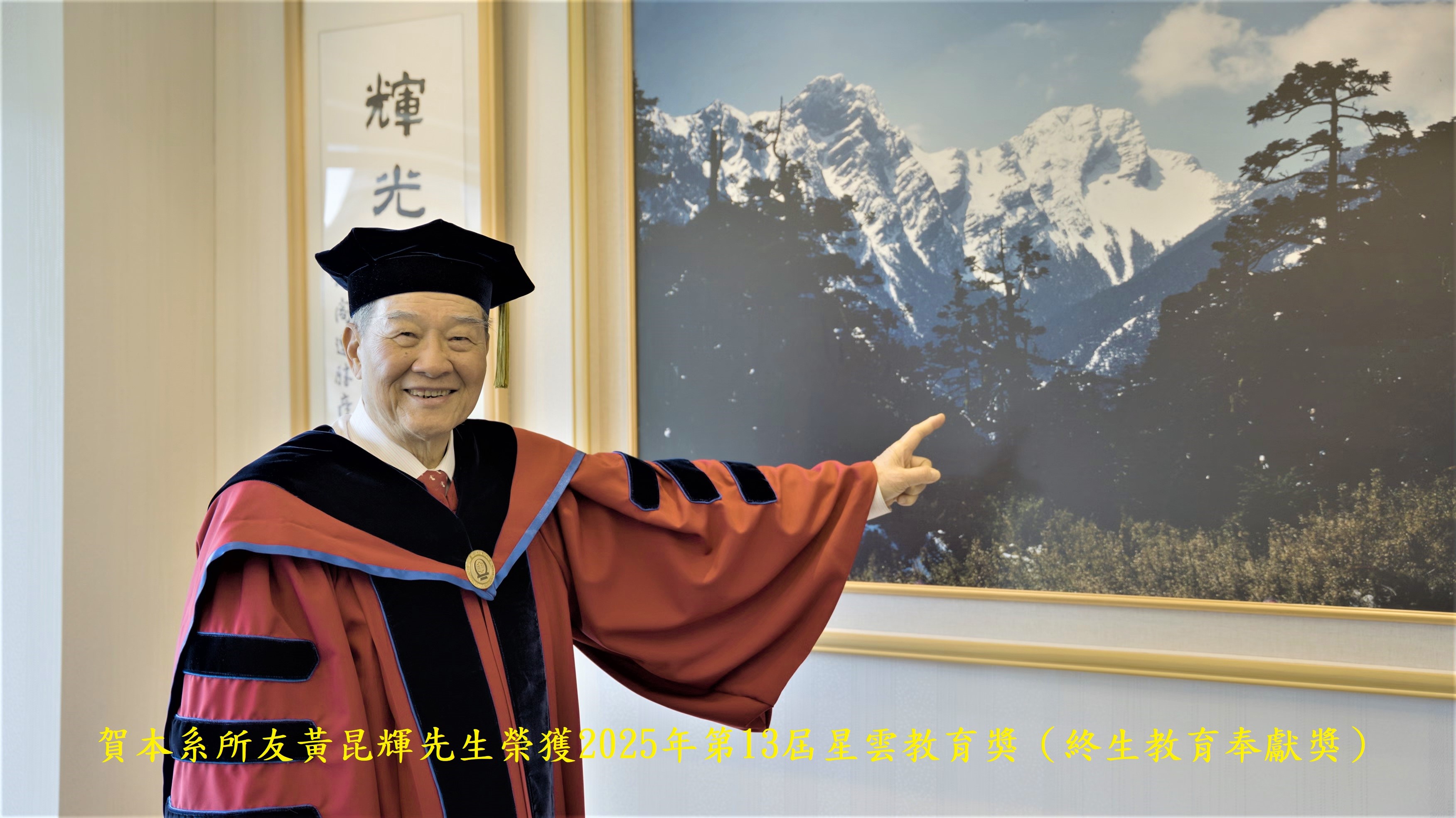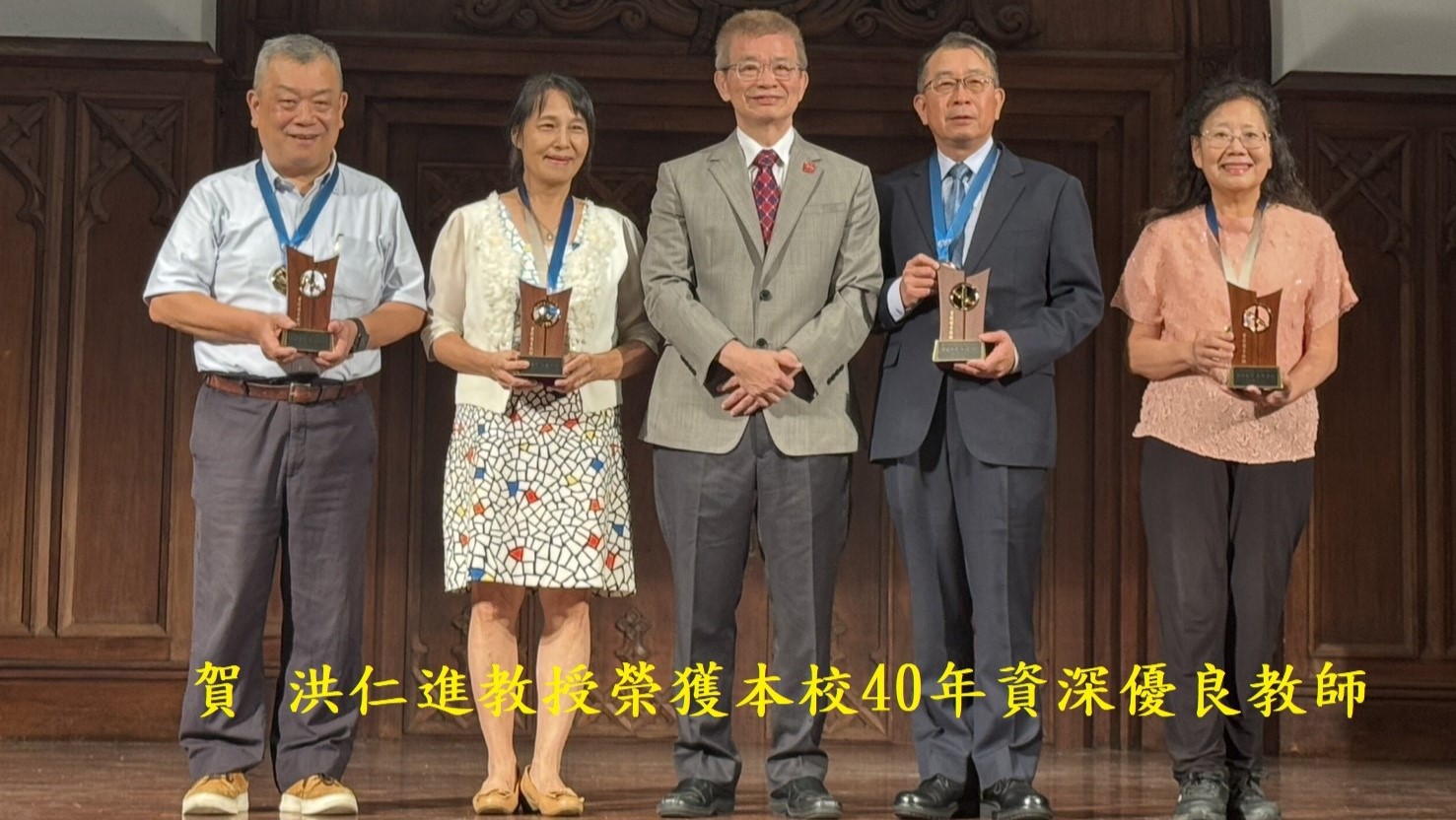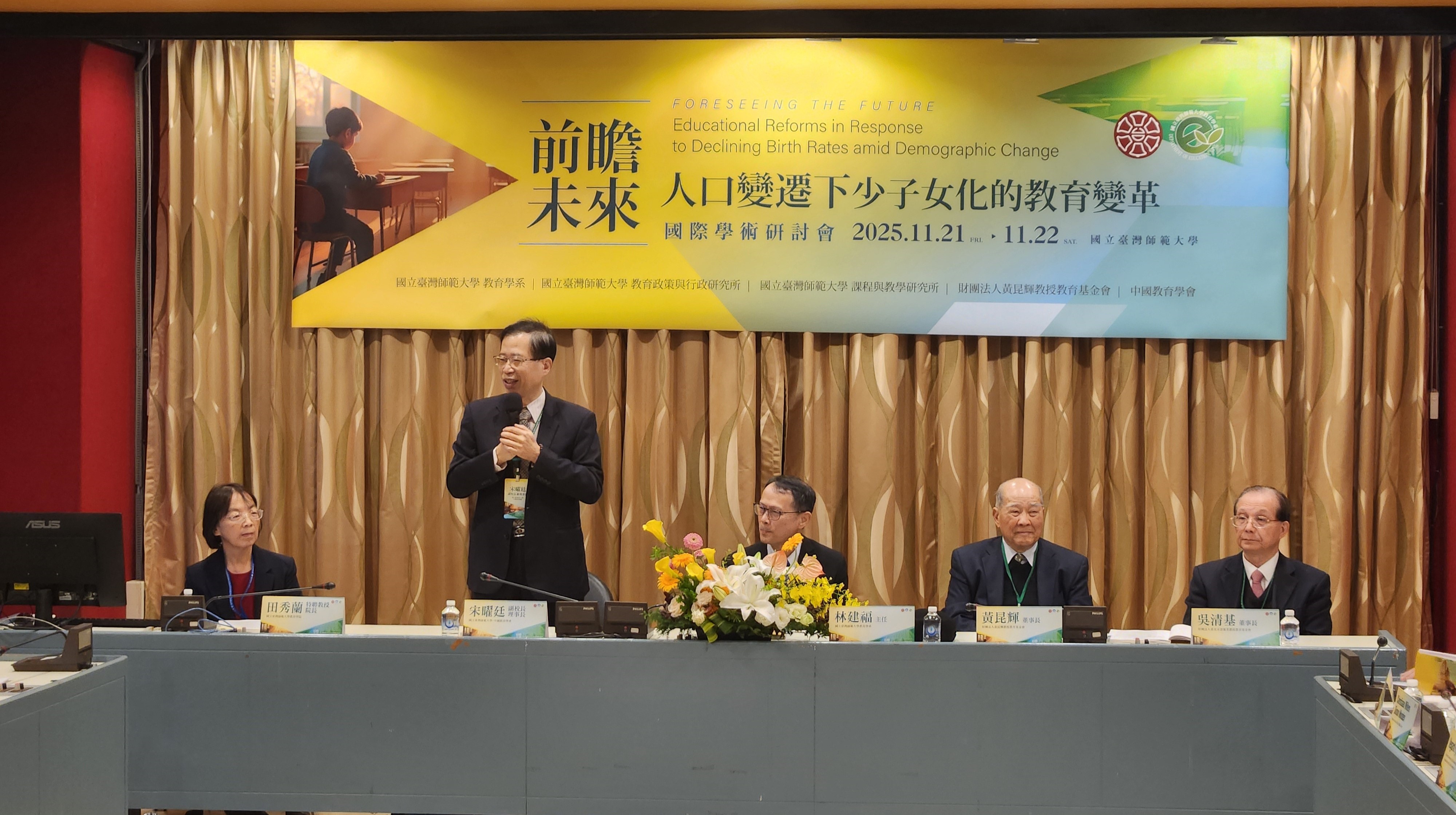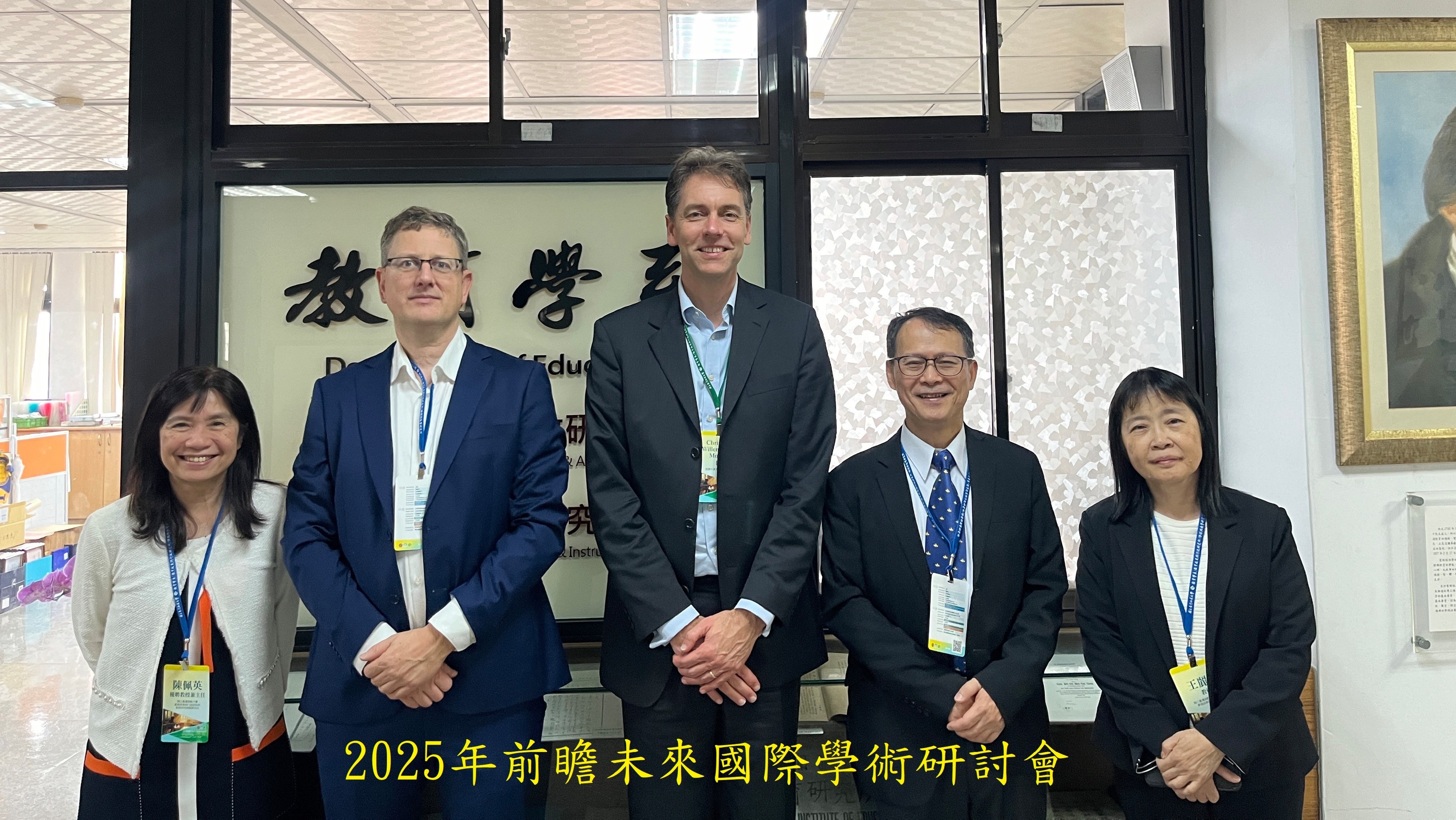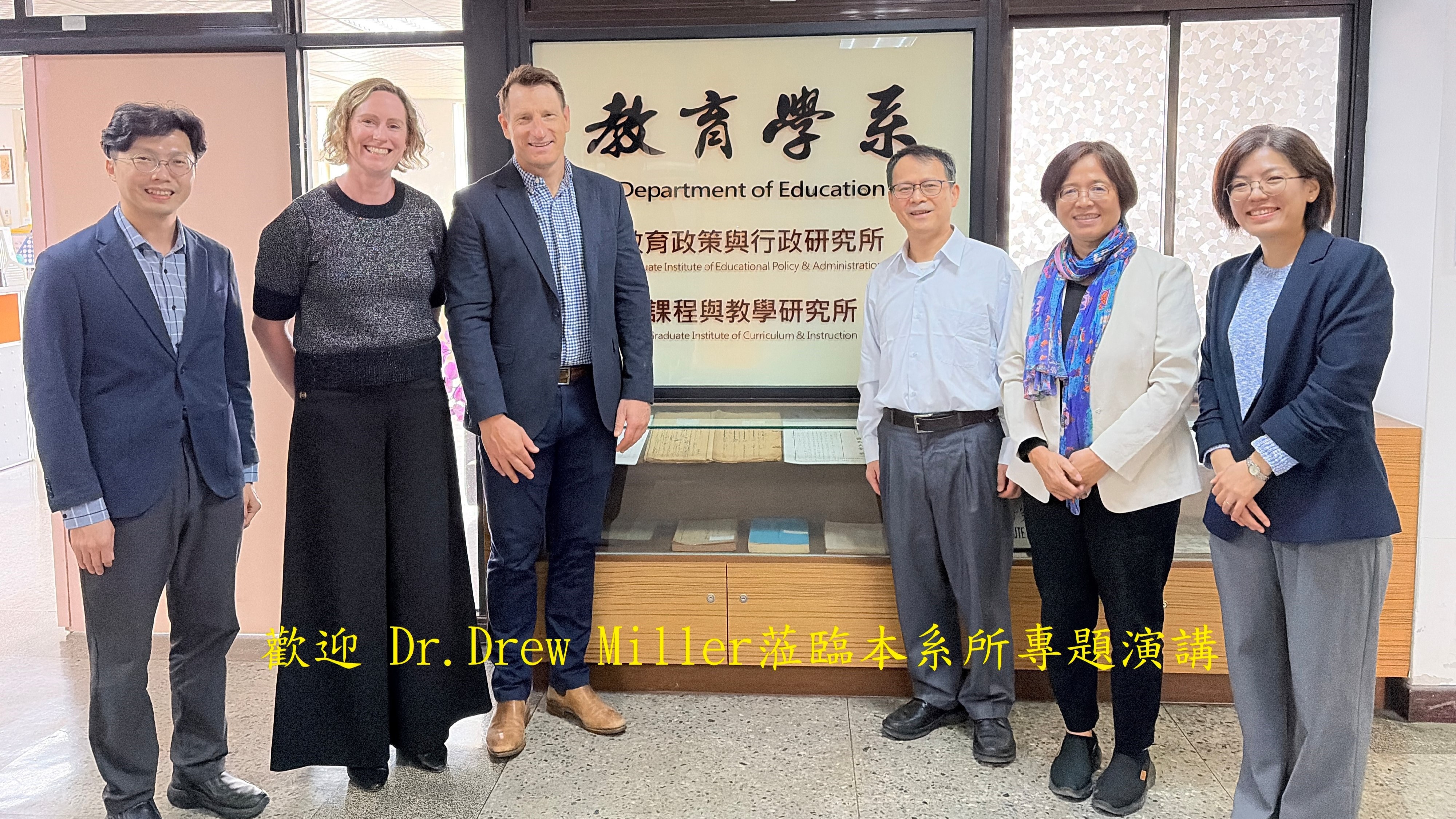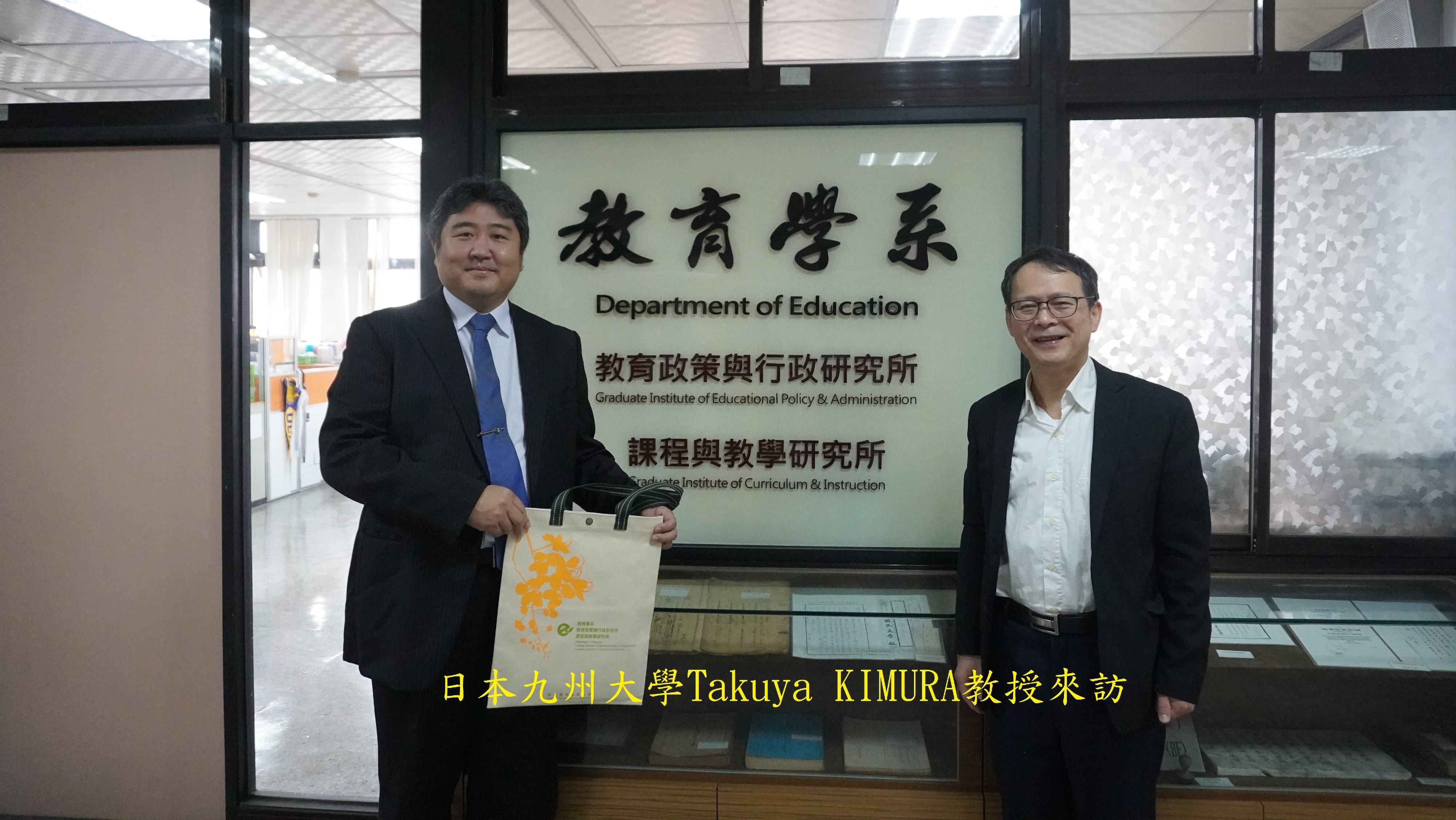Degree Programs
The Department of Education in NTNU follows an “one department, two graduate institute” model and offers three degree programs: Bachelor, M. Ed., and Ph.D. Stemming from the Department of Education, the Graduate Institute of Curriculum and Instruction provides courses for M. Ed. and Ph.D. degrees. The Graduate Institute of Educational Policy and Administration, on the other hand, provides both an academic Master program as well as an in-service Master program, which allows in-service participants to enter into a graduate-level academic program.
Department of Education
1. Bachelor of Education (B. Ed.)
The Department aims to train secondary school teachers, junior educational administrators and school administrators, cultural and educational industry talents, and academic researchers in education. Our undergraduate program offers courses that cover fundamental theories in education, such as History of Education, Educational Psychology, Sociology of Education, Philosophy of Education, Public Administration, Curriculum and Instruction, and implementation courses in various fields. A total of 128 credits, consisting of general or department-specific required and elective courses are required to complete the Bachelor degree for Education.
Course Information: https://courseap2.itc.ntnu.edu.tw/acadmOpenCourse/CourseStructReportCtrl?action=getStruct&type=pdf&lang=en&year=111&deptCode=EU00&sst=U1&cssgno=
Admission Information: https://bds.oia.ntnu.edu.tw/bds/apply
2. Master of Education (M. Ed.)
The Master program of Education consists of two concentrations: (1) Educational Philosophy and Historiography and (2) Sociology of Education. Besides the training of secondary school teachers, this program also applies to the professional development of middle-level educational and school administrators experts, educational research institution researchers, academic researchers, and other cultural and educational industry professionals.
Courses in the M.A. program includes the subjects of fundamental theories in education, research instruments and methods, specialized-elective courses, and free-elective courses. Completion of minimum 32 credits from the included courses, an individual publication in a reviewed conference or journal, and a master’s thesis are required for the M.A. degree.
Course Information: https://courseap2.itc.ntnu.edu.tw/acadmOpenCourse/CourseStructReportCtrl?action=getStruct&type=pdf&lang=en&year=111&deptCode=EU00&sst=M1&cssgno=
Admission Information: https://bds.oia.ntnu.edu.tw/bds/apply
3. Doctor of Philosophy (Ph. D.)
The Department of Education’s Ph.D. programs includes the concentrations in Educational Philosophy and Historiography, Sociology of Education, and Educational Policy and Administration. Our educational aim is to train secondary school teachers, advanced experienced academic researchers, middle or senior level educational and school administrators, and higher education teaching specialists. Required courses include the subjects of fundamental theories in education, research instruments and methods, and concentration-specialized courses. In addition, an individual publication in a peer-reviewed journal or research book, an academic conference paper, and passing the Ph.D. qualification exam as well as completing a dissertation are required to attain the Ph.D. degree.
Course Information: https://courseap2.itc.ntnu.edu.tw/acadmOpenCourse/CourseStructReportCtrl?action=getStruct&type=pdf&lang=en&year=111&deptCode=EU00&sst=D1&cssgno=
Admission Information: https://bds.oia.ntnu.edu.tw/bds/apply
In-service Training: Master of Education (M. Ed.)
The department provides in-service Master programs of School Administration for Teachers, Curriculum, and Instruction Leadership, Education Management, Curriculum and Instruction Leadership, and Educational Leadership and Policy. The degrees for in-service Master programs requires the completion of required credits, and a master’s thesis or technical report.
1. In-service M. Ed. Program of Curriculum and Instruction Leadership
This program aims to improve the capacity for curriculum innovation and instructional design and to cultivate teachers or educators with curriculum leadership and professional knowledge and skills of instructions. It also aims to facilitate practical research in the field of curriculum and instruction leadership, to enhance the application and practice of theories, and to coordinate with the evaluation of school curriculum or teaching inspectors from different structures of educational units.
2. In-service M. Ed. Program of Education Management Curriculum and Instruction Leadership
The goal of this program is to train professionals in education management and curriculum and instruction. Its courses are designed to implement the twelve-year national education policy into school teaching practice. Therefore, courses that are planned for practical orientations are included in training graduate students in problem-solving skills during teaching practice, and instant feedbacks are provided to cultivate vision and competence for the sake of maintaining dialogue between the policy and practice of curriculum and instruction
3. In-service M. Ed. Program of Educational Leadership and Policy
This program aims to train experts in educational leadership and policy. For real life application and influence, courses are designed by foreseeing the trends in policy and leadership trends for real influence. Therefore, courses for the purpose of practical orientations are included to train graduate students in problem-solving skills during teaching practice, with experts from different fields to provide a variety of learning opportunities. Courses also include instant feedbacks to cultivate foresight vision and competence, using instructional models to equip and develop the student’s practical leadership abilities.
The Graduate Institute of Curriculum and Instruction
1. Master of Education (M. Ed.)
The M. Ed. program of Curriculum and Instruction aims to train secondary school teachers, academic researchers in curriculum and instruction, and experts for curriculum and instruction institutes or the cultural and educational industry. Courses in the M. Ed. program includes subjects of basic theories in education, research instruments and methods, specialized-elective courses, and free-elective courses. The requirement of an M. Ed. degree of Ed. includes at least 32 credits of required courses, an individual publication in a reviewed conference or journal, and completion of the thesis.
2. Doctor of Philosophy (Ph. D.)
The educational goal of the Ph.D. program is to train secondary school teachers, advanced academic researchers, middle or senior educational and school administrators, and higher education teaching specialists. Required courses includes the subjects of fundamental theories in education, research instruments and methods, and concentration-specialized courses. Also, publishing an individual publication in a peer-reviewed journal or research book as well as an academic conference paper publication, passing the Ph.D. qualification exam, and completing a dissertation are required for achieving the Ph.D. degree.
The Graduate Institute of Education Policy and Administration
Master of Education (M. Ed.)
This program focuses on training secondary school teachers, middle-level educational policy and administrative experts, academic researchers of educational policy, and administration institution professionals. Courses in the M. Ed. program includes the subjects of fundamental theories in education, research instruments and methods, specialized-elective courses, and free-elective courses. The requirement of an M. Ed. degree of Ed. includes minimum 32 credits of required courses, publishing an individual publication in a reviewed conference or journal, and completion of the thesis.




